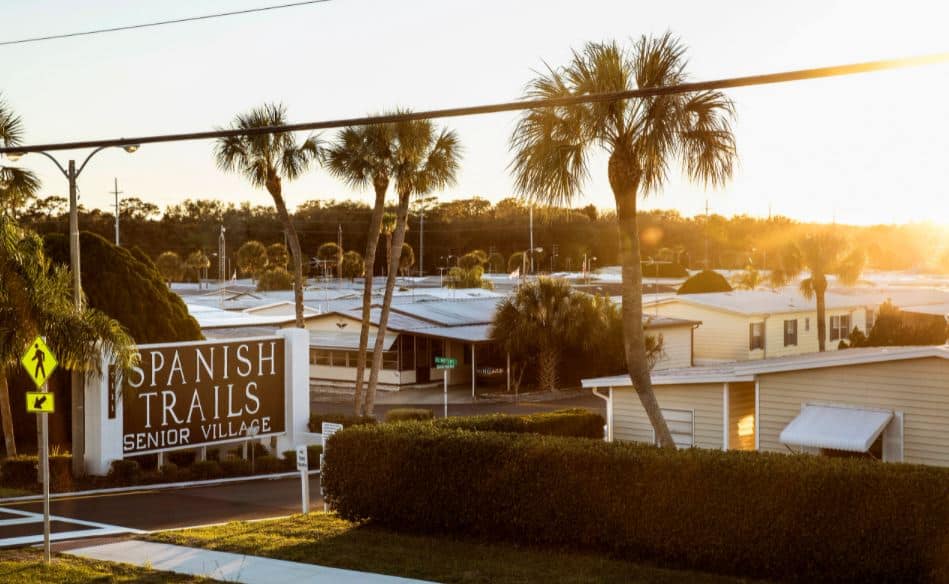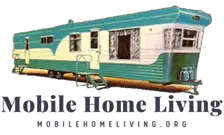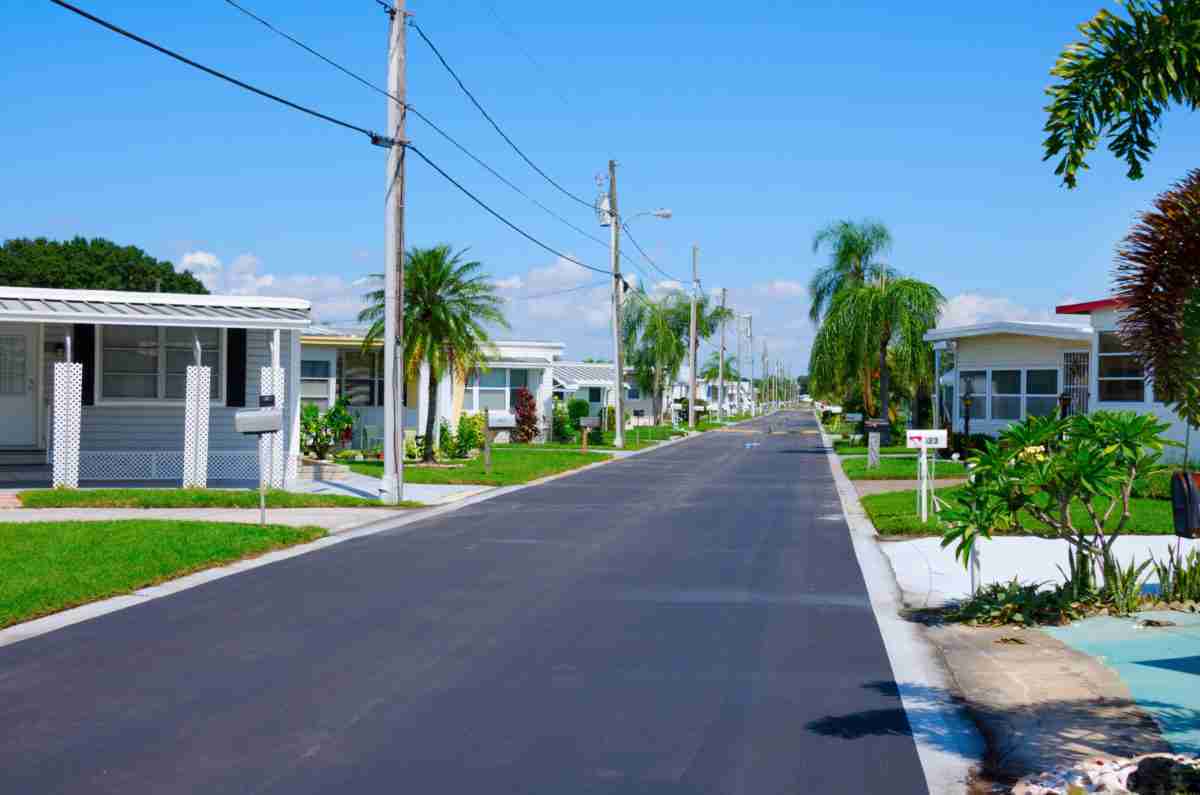There are roughly 49,000 mobile home parks in the United States. When it comes time to choose a new mobile home park, there are a few key factors that you’ll need to consider.
Here’s our list of the top 10 things to consider when searching for a mobile home park.
10 Things to Consider When Choosing a Mobile Home Park
1. Location
Realtors always say, “Location, location, location,” for a reason – it’s that important.
If you’re considering an older park, then it’s likely placed in an industrial area because of the NIMBY (Not-In-My-Back-Yard) movement.
Overzealous politicians used unfair laws and regulations to keep mobile homeowners out of sight and out of mind. Unfortunately, it worked remarkedly well.
If you have children, you’ll want to find a park in your favorite school district.
Read more about the history of mobile home parks in America here.
2. The Cost of Everything
Lot rent is always an important factor when choosing a new park but don’t forget all the other costs associated with living in a mobile home park.
For example, lot rent may be cheaper in one park, but you’ll have to pay for your own trash removal and yard care. Will you have to pay for water and sewer separately? What about amenities like pools and clubhouse fees?
More importantly, you’ll want to find out how many times a mobile home park has raised its lot rent in the last 20 years. What’s the average increase? Is there a pattern?
Read more about mobile home park lot rent here.

3. Amenities
Mobile home parks usually offer a variety of amenities like pools, clubhouses, and playgrounds. It’s important to choose a park with amenities that fit your needs.
However, amenities can create issues in a park. For example, if you don’t have children and just want peace and quiet, a playground near your home can be a nuisance. A park with a pool that you never use will just cost you more money for nothing.
4. The Park’s Design
A mobile home park’s design is far more important than most people realize.
For example, park designers would add curves to slow traffic down. Speed bumps can be a real pain for drivers, but they can be true lifesavers if you have kids.
Does the new park have sidewalks? Are they in good condition? Do the roads have potholes? Where are the trash dumpsters? Is the pool close to your lot?
Are there shade trees and nice landscaping? Shade trees in the right places can help keep your mobile home cooler in the summers at no additional cost.
However, trees with large nuts and fruits can seriously damage your home and cars. If there are older trees, they should be regularly trimmed to reduce broken power lines and damage to your home and cars.
Read more about mobile home park design here.
5. Air and Water Treatment
If you live in a southern state (or anywhere with lots of mosquitos), you’ll want to ensure your new park treats pests in the air and water.
Higher temperatures and standing water create a perfect breeding ground for mosquitoes, so your park must have regular treatments.
A January 2020 report by a state park board’s environmental staff found that 43 of 50 parks contain standing water.
The park should use various methods to keep the water clean and free of harmful bacteria and pests but organic mosquito control. All ponds (or any standing water) should also be tested for water quality.
6. Maintenance
Maintenance is just as important as the cost when choosing a new mobile home park.
Look for muddy areas in the par that could signify a water leak that hasn’t been repaired properly.
Is the manager’s office in good condition? If the manager’s office isn’t in good condition, you can just about bet that the park won’t be either.
7. Security
Security is an important factor when choosing a mobile home park.
A mobile home park doesn’t necessarily need a security guard, but it should have basic security measures to keep its tenants safe.
A fence, either built or created with vegetation, is important to keep the bad guys out. At the very least, it can reduce foot traffic.
Are there security cameras? Does the local police patrol the park regularly?

8. How Many Mobile Homes are Owned By 3rd Parties?
There are an estimated 20 million mobile homeowners in the United States, and about 10 percent of them have their homes owned by a third party. That’s two million people who don’t own the home they live in.
Homes owned by 3rd parties can create a high turnover and can cause issues if the homeowner rents the home out to the wrong people.
9. What’s the Average Tenant Stay?
One report found that the average mobile home park resident stays in a park for 12.4 years. The report also states that the average lot vacancy is only 0.3 years.
Does the park have a high tenant turnover? If so, why are the tenants leaving?
10. Management
Lastly, you’ll want to take a close look at the mobile home park’s management. The wrong manager can absolutely make or break a park.
Don’t be afraid to ask current tenants questions about the park and its manager.
Do you have advice for choosing a mobile home park? Add them to the comments below!
As always, thank you for reading Mobile Home Living®!

